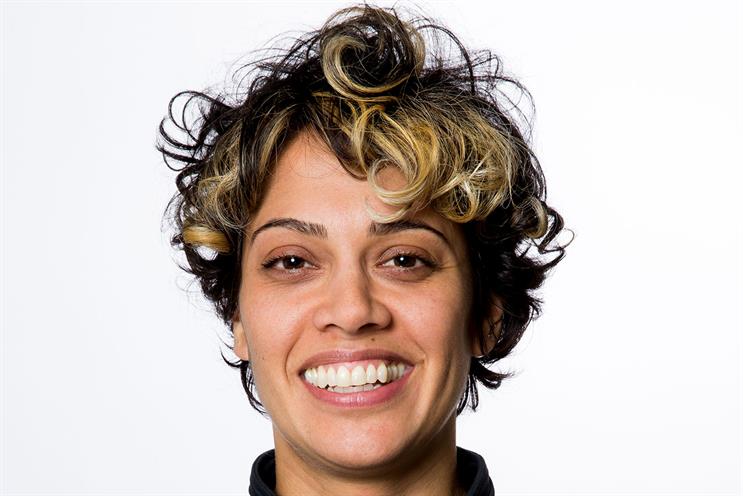Welcome back to #PassItOn, a series featuring the best career advice and insight from women of the Futures Network, an alumni group for Wacl Future Leaders Award winners. In this instalment, we hear from Stephanie Matthews, who was mentored by Tess Alps. Matthews shares how she has learned to navigate office politics and why she wants to "be more owl".
Remember the school playground? It was a bit of a jungle, with all those personalities, emotions and agendas running wild and free. I grew up and thought I’d left it all behind, but it's still there. In the office, I could do with jungle staples Ant & Dec guiding me through the various political herds, until it all gets too much and I shout: "I’m a creative-media-type, get me out of here!"
But, in reality, you can’t just opt out of politics. In order to survive, you’ve got to get up to speed with the different types of herds out there. I haven’t always mastered this and I haven’t always enjoyed politics, until I was introduced to the idea of political animals by Tess Alps, chair of Thinkbox, as part of the Future Leaders Award mentoring programme. I was matched with her by Visha Naul, co-founder of the Futures Network (thanks!), and it was a fit right from the get-go.
Tess's insight was an "aha" moment. I realised it was less about feeling negative and more about using political behaviour to create positive change. As the natural strategist Tess is, she whipped out a framework to help me nail this, introducing me to the concept of political animals. It neatly segments people's behaviours into four types, according to how politically aware they are and whether or not their actions are motivated by good. As I started to read up on it, I could immediately relate the idea to people I’ve worked with in my career, across TV sales floors and client-side business parks.
Recognise any of these below?
Donkeys are inept, self-centred and with little political awareness of the real networks. I can picture that person who used to manipulate situations but never really got anywhere.
Foxes are clever yet cunning – the master Machiavellians. They are peppered throughout the jungle and I’ve come across many in my time, both men and women. They love playing the game and are usually naturally quite good at it. They’ll make stuff happen, but often at your expense.
Sheep are too innocent, pushed around and simply following the herd.
Owls are wise. We’ve all worked with one and been better off for it. They can read a situation and environment, and use politics for the benefit of others and the organisation. They are people who command respect not by hierarchy but in how they behave.
I’ve behaved like a fox, a sheep and an owl at various points throughout my career. But now I aspire to be an owl. I can navigate office politics for the greater good, achieve business outcomes and not compromise on my values. Ultimately, though, only those I work with can confirm if I’m an owl yet.
If you follow the political animals framework, you will be able to:
Map yourself. Once you know what political animal you are and where you want to be, it will become easier to navigate as you know what drives you.
Map your stakeholders. What are the political motivations of those around you? Which animal is your boss? What animals are on your team? It’s easier to influence others if you recognise what drives them individually at work.
Map your company. What behaviours does your business promote and tolerate? Take a look at the senior leadership team to see what behaviours are modelled as acceptable. If you’re a sheep among a pack of foxes, that company is probably not the best fit for you.
So, as an aspiring owl, I ask: what political animal are you?
Stephanie Matthews is partnerships director at Creative Equals, 2019 president of Bloom UK and a Futures Network member


